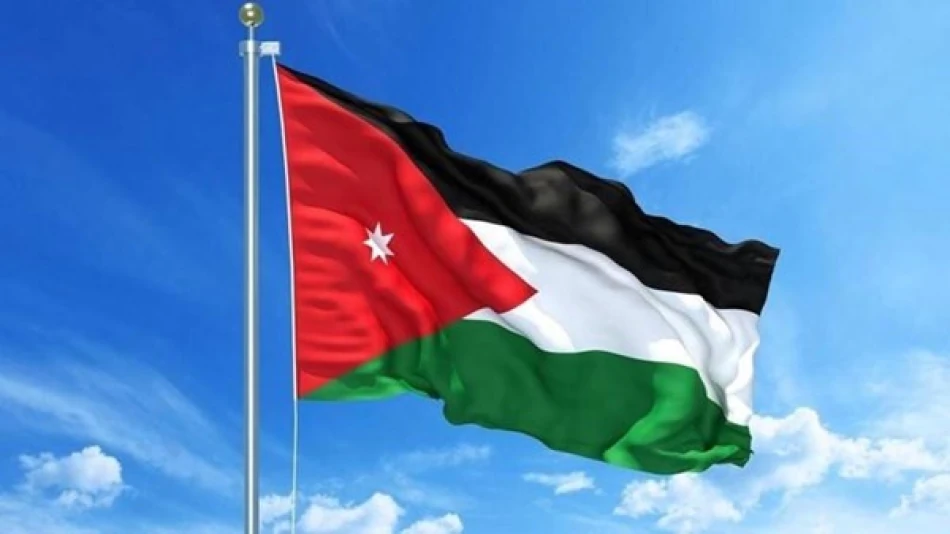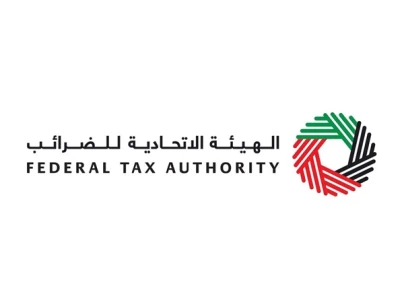
Jordan Introduces Mandatory Military Service Program, Enhancing National Defense Readiness
Jordan Revives Mandatory Military Service After 33-Year Hiatus, Targeting Regional Security Challenges
Jordan is reinstating compulsory military service for men starting in 2025, marking the end of a 33-year suspension that began in 1991. The program will initially draft 6,000 young men through electronic lottery selection, reflecting the kingdom's response to mounting regional security pressures and economic needs in an increasingly volatile Middle East.
A Strategic Pivot Decades in the Making
Government Communications Minister Mohammad Momani announced Monday that the revised military service law will be presented to the cabinet on Wednesday before proceeding to parliament for constitutional approval. The decision, first announced in principle in September 2020, represents a significant policy reversal for the Hashemite Kingdom.
The timing is hardly coincidental. Jordan suspended mandatory conscription in 1991 following the Gulf War, when regional dynamics appeared more stable and the kingdom faced different economic pressures. Today's revival comes as Jordan grapples with Syrian refugee influx, Iranian influence expansion, and Israeli-Palestinian tensions that directly impact its borders.
Program Structure and Implementation
Phased Rollout Strategy
The program targets males turning 18 by January 2025, with service beginning in February. Rather than mass mobilization, Jordan is adopting a measured approach with three batches of 2,000 conscripts throughout 2026. Each will serve three months and receive 100 Jordanian dinars monthly—roughly $141, a modest but meaningful sum in Jordan's economy.
This structure differs markedly from traditional conscription models. Israel requires 32 months for men, while South Korea mandates 18-21 months. Jordan's three-month program suggests focus on basic military training and civic engagement rather than creating professional soldiers.
Exemptions and Enforcement
The law includes exemptions for only sons, those medically unfit, overseas residents, and students. However, enforcement carries weight: draft dodgers face three months to one year imprisonment, signaling serious government commitment.
Authorities project expansion to 10,000 annual conscripts, indicating this isn't merely symbolic policy but a substantial military and social program.
Regional Context and Strategic Implications
Jordan's move reflects broader Middle Eastern militarization trends. The UAE maintains mandatory service, while Saudi Arabia has expanded military recruitment. Unlike oil-rich neighbors, Jordan lacks hydrocarbon wealth to fund large professional armies, making conscription economically logical.
The kingdom faces unique pressures: hosting over 650,000 Syrian refugees, managing Palestinian refugee populations, and maintaining delicate relationships with Israel, Saudi Arabia, and Iran. A larger, trained reserve force provides strategic depth without massive defense spending.
Economic and Social Dimensions
Beyond military considerations, conscription serves economic functions. Youth unemployment in Jordan exceeds 40%, and military service provides temporary employment and skills training. The program could reduce social tensions while building national cohesion across tribal, Palestinian-Jordanian, and refugee communities.
However, removing 6,000-10,000 young men annually from the labor market and education system carries opportunity costs. The three-month duration minimizes disruption compared to longer service periods, but still represents significant human capital allocation toward military rather than productive economic activity.
Looking Forward
Jordan's conscription revival signals recognition that regional stability cannot be taken for granted. Unlike the optimistic 1990s when peace processes offered hope, today's Middle East demands military preparedness even from traditionally moderate actors.
The program's success will depend on implementation quality and public acceptance. If executed effectively, it could strengthen Jordan's security while providing youth opportunities. Poor execution risks creating resentment and economic inefficiency. Given Jordan's track record of pragmatic governance, cautious optimism seems warranted—but regional volatility ensures this policy will face real-world testing sooner rather than later.
 Layla Al Mansoori
Layla Al Mansoori







